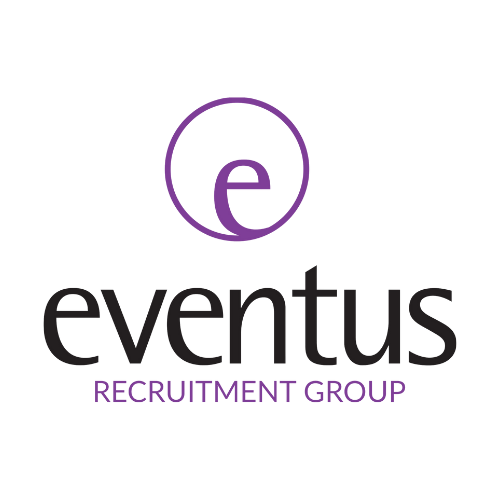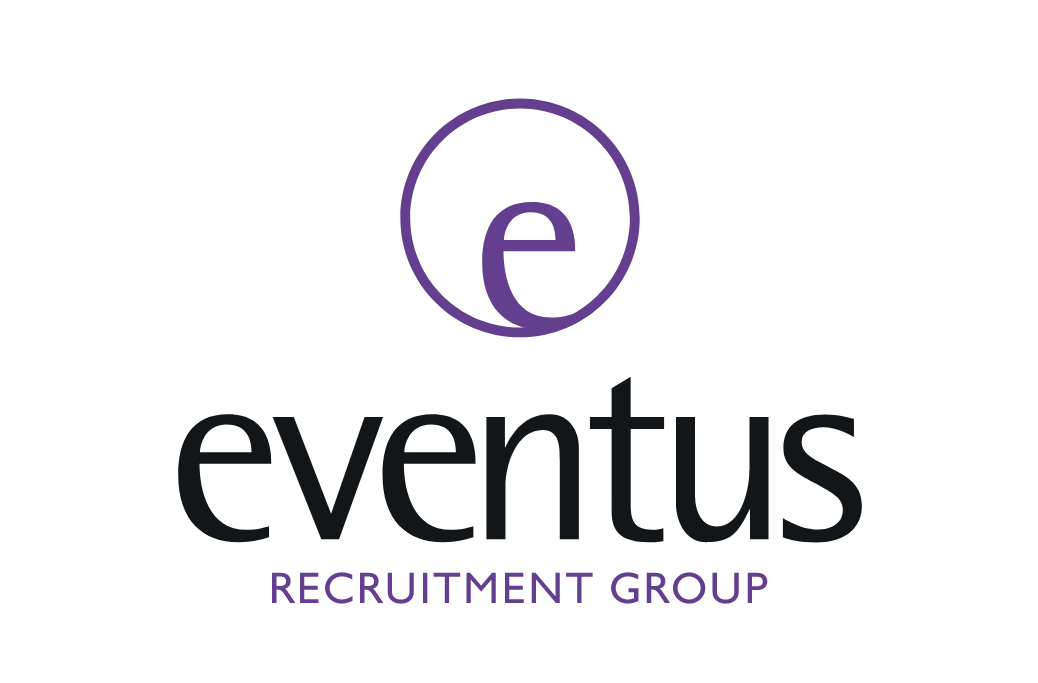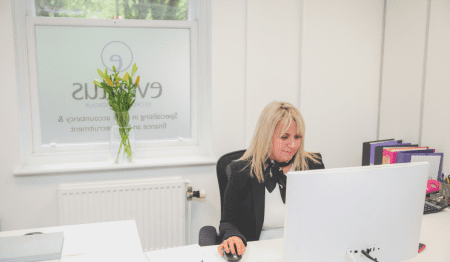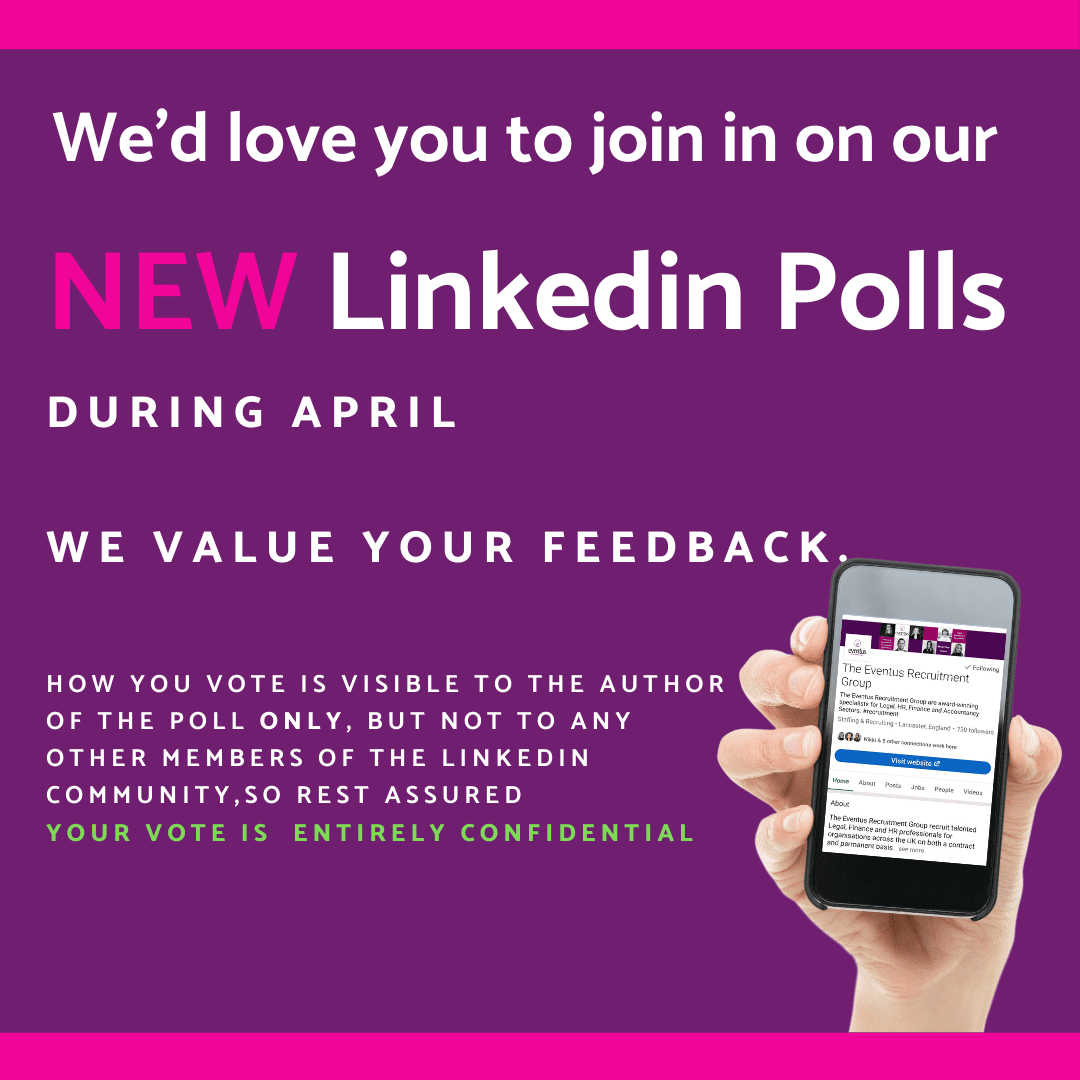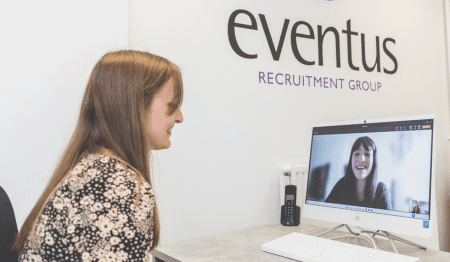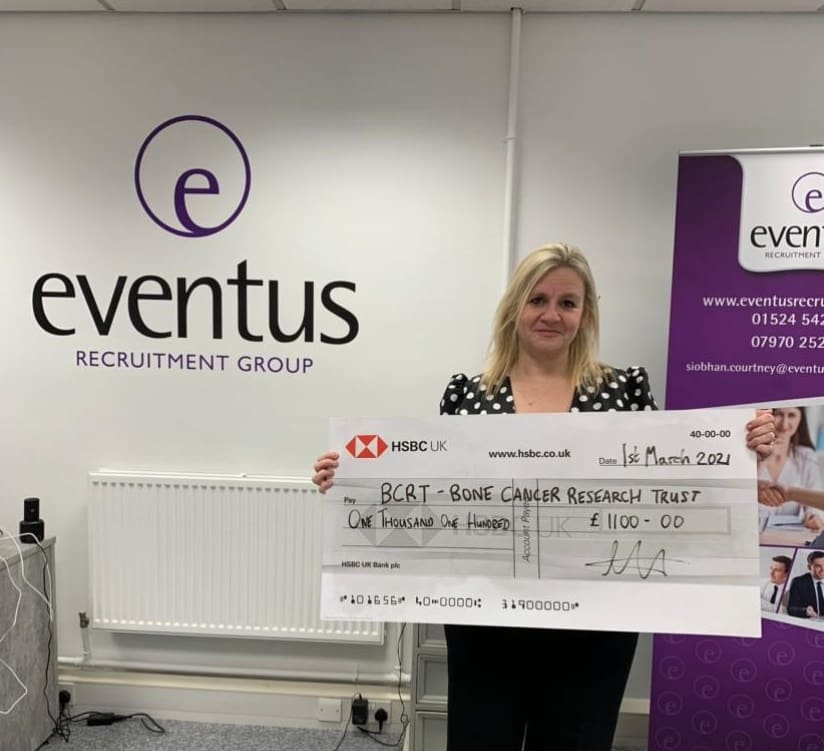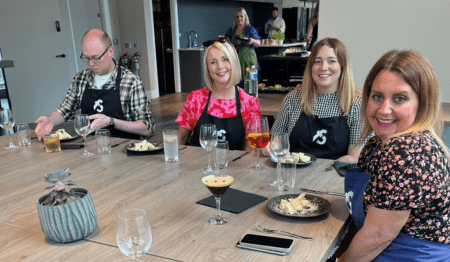It’s been just over three months now since I started by job at Eventus Recruitment Group, which has caused me to take a moment to consider how far I’ve come (and how far I still go have to go). If I had known upon graduating from university that I would be in the business of recruitment, I would have been surprised to say the least. However, in many ways I feel that I fit into this sort of career. I wanted to briefly break this down in my blog post this month.
I care deeply for people and their wellbeing, which lends itself to making sure I do my utmost of my candidates who are looking for a new role, but this also extends to my clients who are looking for the right people to join their law firm. Although, a downside to this is that there will be occasions where you can honestly say you have done everything in your power to help someone, and nothing has come to fruition and this can be for a variety of reasons: Perhaps a candidate is not in demand at present; perhaps at the last moment, another person was interviewed and might have been a better fit for a law firm… The list could go on.
As an inquisitive person, I found this quite hard to navigate to begin with, so I have always made sure to do everything that I can to understand why something did not go to plan. In doing so, I can become a more consultative Recruitment Consultant. My job is not to find people for jobs, or vice versa. My job is to consult: I advise candidates on how interviews can be done well; I advise clients on how to attract the best legal talent. Sometimes those conversations can be difficult to have, but they are worth having to make sure we do better next time and get the best result for everyone involved.
Secondly, I am driven. It sounds incredibly cliché, and it is a phrase that is often used during job interviews. However, it is because I am driven that I can make sure that I can honestly say I have done everything in my power to help someone, whether that be a client or a candidate. I am still learning that people lead incredibly busy lives and sometimes they are not able to get back to you as quickly as you would like. For this reason, you must adapt, or you’re not going to be doing your job well, and you’re not going to be making much commission for yourself. If a candidate works full time, it is worth understanding how they best respond to you: what time do they prefer to be contacted to make sure that you will get a response; what method should you use to contact them – a telephone call, a text, an email? Perhaps even a carrier pigeon! Do what will work best for the candidate. This means there will be days when you will have to give up your evening to talk to people. Though it might be a little upsetting, there are proactive ways of thinking about this, for example: yes, I am giving up a portion of my evening, but if I do not do so, I cannot honestly say I have done everything for someone; or even, yes, I am giving up my time, but if I do not do so, I am missing out of valuable time to talk to a candidate that if I am able to place, I will be financially rewarded for; or finally, I want my candidate to know that I will do everything for them, if that means taking up time from our evenings, they can honestly say that they are working with a good recruitment consultant who will do everything possible for me. Put simply, at Eventus Recruitment Group, we work to get the best legal talent. The best legal talent will very likely be utilising their talent during the working day.
I look forward to sharing more about my role as I go on. For now, though, roll on June!
Erin
